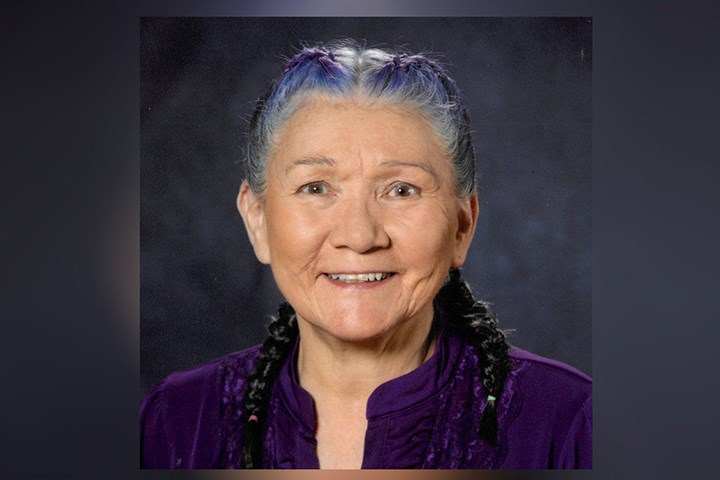Language revitalization is a priority for many First Nations across the province to prevent their language from being lost, forever.
Saik’uz First Nation near Vanderhoof has teamed up with the University of Northern BC (UNBC) to offer learning of the Saik’uz dialect of Dakelh through an introductory online class to the Carrier language.
“Our language is very much endangered,” said Saik’uz cultural coordinator Deborah Page.
With many recordings and interviews completed years ago in their traditional language by speakers who have since passed, translators have been difficult to come by.
“They’re getting older, and we’re losing them at a very fast rate,” Page said of their language keepers.
“Some of the ones that were doing the translations never really learned how to write the language, so we wanted to do a course that would teach the literacy and linguistics of the language.”
Because COVID-19 has made it challenging to meet in-person, dashing the vision of a locally developed course, Page reached out to northern scholar linguist William (Bill) J. Poser.
Once Poser agreed to teach it, Page said she spoke with their education department that would later contact UNBC about making it a credited course.
Since beginning his role last summer as UNBC’s chair of First Nation Studies, Dr. Daniel Sims has been interested in working more with communities.
“Language revitalization is key,” Sims, a Tsay Keh Dene First Nation member, said. “But then also providing back to the community.”
UNBC offers numerous First Nations language courses and provides students the opportunity to obtain a certificate, diploma, and or bachelor’s degree.
While Sims had some concerns on how many students would enroll in the course, interest has been high and the 20-student minimum was surpassed.
“We’re trying to figure out how big the class can be, and the interest has resulted in us as a university looking at how we can offer a similar version of the course or work with other communities to provide their own language courses,” he said.
“We already do that with a number of communities, but seeing how we can work with them even more.”
Page never fully learned how to speak her language and estimates there are just 20 or fewer fluent speakers within their community.
She was brought up by her grandmother, who went to residential school where she, like others, was punished for speaking their Indigenous language.
“When she was in her 80s, she switched right back to Dakelh and hardly spoke English anymore so I had to learn it,” Page said.
The course, which will provide students with three credits, is scheduled to run from Feb. 26 to May 21, 2021.



